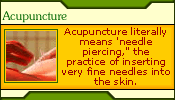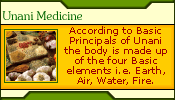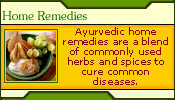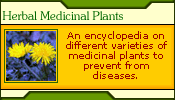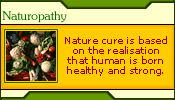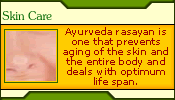|
There are two main things required by purva karma, namely:
Snehana (oleation)
The literal meaning of this term is to make smooth or to oleate.
It is the main purva karma procedure and is a specific treatment
for vatic disorders.
Example: oily preparations, ghee, oils, fats etc.
Following are the indications of snehana:
- Sexual exhaustion
- Anemia
- Anxiety
- Dryness of the body
- Senility
Snehana is also given to the patients of vimana and virecana.
The procedure followed involves the administration of oily preparations
within fifteen to thirty minutes after sunrise. The quantity, duration
and the type of preparation is pre decided and certain dietary restrictions
are prerequisite. Warm, well-regulated liquid diet is preferred
but one with stickiness or oleaginous is incompatible. The following
signs will indicate the effectiveness of the remedy:
- Accelerated digestive power
- Intolerance to fat
- Loose motions
- Lightness of the body
- Smoothness of the body
- Passage of flatus
- Visible fat in the stool
After the treatment patients are advised to abstain from sexual
activities, to use of warm water; sleeping only at night; avoiding
anger, anxiety or loud talk.
Swedana (fomentation)
This refers to the remedy that involves practices involving heat
to make the patient sweat. Following are the conditions for which
swedana is given to patients:
- Corrhyza
- Cough
- Headache
- Paralysis
- Constipation
- Arthritis
On the second day of swedana, vamana is given and virecana after
three days` interval. In case there is a need to give basti, nasya,
rakta mokasana to the patients then they are given immediately after
swedana.
The following signs prove the effectiveness of the therapy:
- Disappearance of corrhyza
- Relief from pain and stiffness
- Remission of the disease
After the remedy the patients are advised to avoid cold water and
take a nap after a light meal
|


